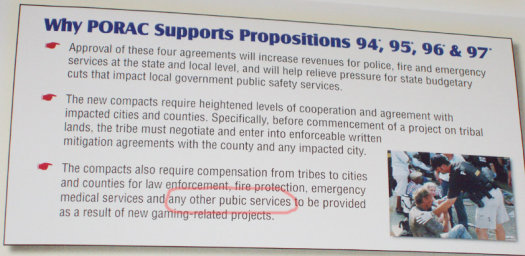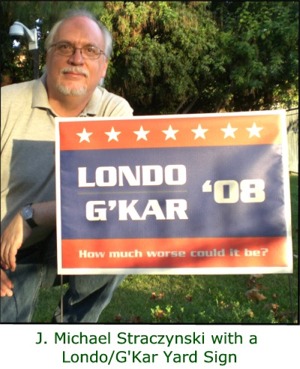Today’s “Super Tuesday,” on which a whole bunch of states hold their primary elections. We still have have Democrats running against other Democrats and Republicans running against other Republicans, hoping to get their parties’ nominations for this fall’s Presidential election.
So it was weird last night to see an ad for Republican Mitt Romney contrasting himself against Democrat Hillary Clinton. Unless he’s changed party affiliation, he isn’t running against her. We don’t know if he ever will run against her. The Republican party hasn’t opted into California’s open primary system, so only registered Republicans are eligible to vote for Romney today, and they’re not likely to have considered voting for Clinton in the first place.
So who the heck was the ad aimed at?
Keep in mind that I don’t watch much TV, so this sort of thing might have been going on for a while, and I wouldn’t have noticed.

